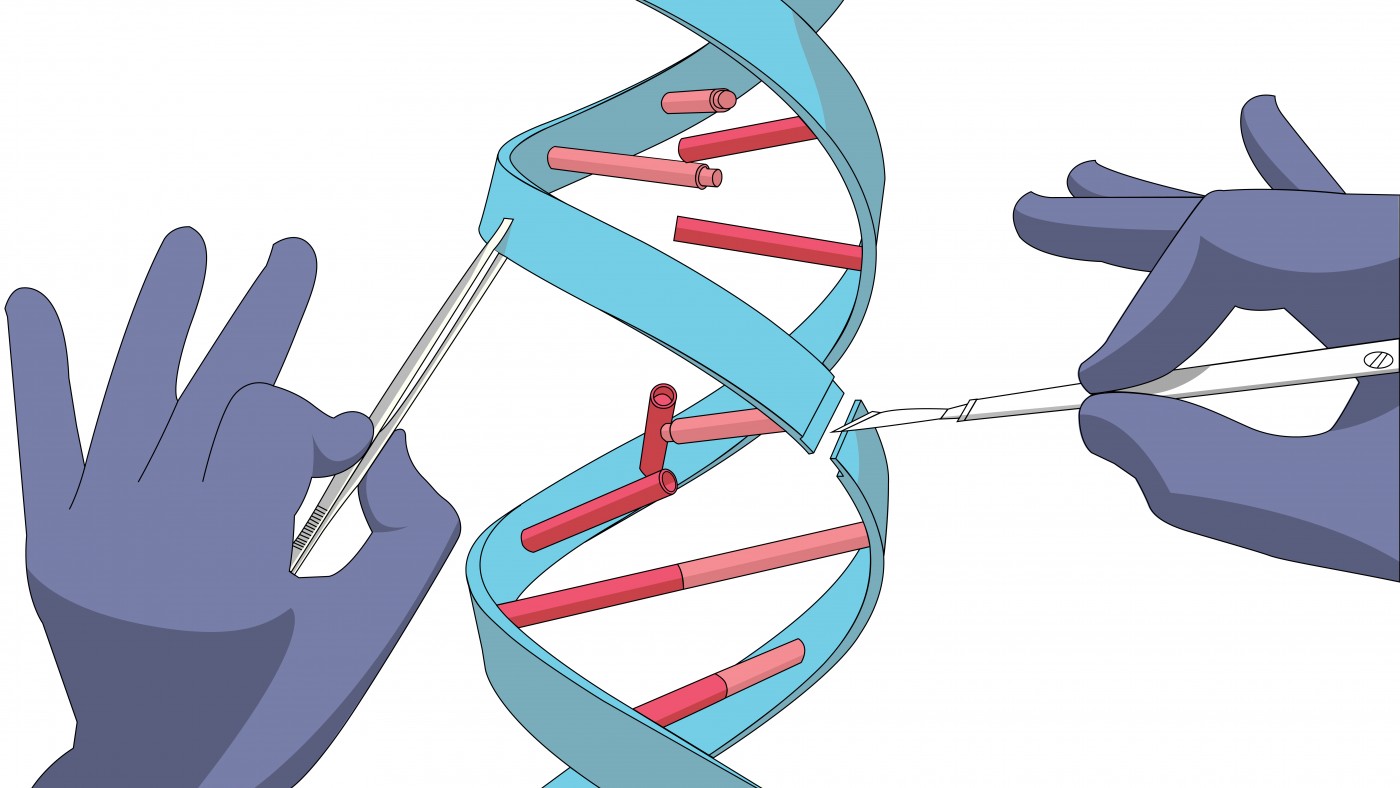New Technique Allows Experts to Watch Gene-editing Process in Real Time
Written by |

Researchers at the University of Wisconsin–Madison have developed a technique that makes it possible to watch gene-editing processes in real time — which could help them understanding why editing attempts succeed or fail.
The team, which received a $1.8 million grant from the National Institutes of Health (NIH), is now working to develop gene-editing techniques for specific diseases, including cystic fibrosis (CF).
“Ultimately, the knowledge we gain from this project has the potential to set the foundation for new preclinical platforms in precision medicine,” Krishanu Saha, PhD, an assistant professor of biomedical engineering and the principal investigator on the project, said in a press release.
A tool called CRISPR-Cas9 allows researchers to cut and paste bits of DNA in a precise manner, but the method is not foolproof. When it fails, there is no way of knowing why. Researchers working on gene-editing therapies for diseases such as CF are often concerned about off-target effects, such as CRISPR-Cas9 unintentionally editing another part of the genome, potentially introducing a disease.
“There’s been a gap in understanding how several components of CRISPR-Cas9 achieve gene modification in human cells,” Saha said. “Until we understand why some strategies fail and why some succeed, the use of genome surgery tools will be limited.”
Saha’s team developed a way to label different parts of cells and CRISPR-Cas9 in such a way that researchers can observe changes that occur while genome editing happens in real-time.
Researchers plan to use the technique to monitor CRISPR-Cas9 as it works on cells in Petri dishes.
“This project is different from the status quo,” Saha said. “Systematically changing multiple components of CRISPR-Cas9 at a time to test in patient-derived cells will lead to greater understanding of the biological processes important for genome surgery.”
The work is supported by a relatively new type of NIH grant, called the Maximizing Investigators’ Research Award. The goal of the award program is to increase scientific productivity and innovation by providing researchers with greater financial stability and flexibility.






